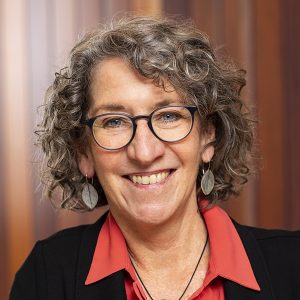
William Zumeta









Evans School of Public Policy & Governance faculty Mark C. Long examined earnings inequality in the city over the first three years of the law in an article, “Seattle’s Local Minimum Wage and Earnings Inequality” published in November in Economic Inquiry. Long analyzes State of Washington administrative data to assess whether Seattle’s minimum wage ordinance led to a reduction in earning inequality among the city’s workers from 2014 to 2017, a period when the local minimum phased in to $13 an hour. Read more.
The Minimum Wage Study is a research effort dedicated to providing rigorous analysis of the impact of minimum wage ordinances in metropolitan regions and states. We seek to provide insights that will be useful for policymakers and scholars. As more states and localities move forward with plans to raise the minimum wage, this research will infuse the debate with data on the effects on workers, households, employers, and the local economy. We focus our analysis on the impacts of the recently passed ordinance in Seattle.
In January 2014, Mayor Ed Murray formed an Income Inequality Advisory Committee to address the growing public call for a meaningful increase in the compensation for Seattle workers. This committee included representatives from Seattle City Council, local businesses, unions, and the Chamber of Commerce. After the committee reached an agreement on a recommendation, it was proposed as a plan by the Mayor, and then passed as legislation by the Seattle City Council. The minimum wage ordinance (Ordinance 124490), which when approved was the highest minimum wage in the country, provides for an increase in the minimum wage in the City of Seattle to $15 an hour, phased on over time. The rate at which it increases depends on the size of the company, and whether or not they pay toward their employee’s medical benefits plan.
In December 2014, after issuing a public request for proposals, the City of Seattle contracted with our team to conduct this evaluation.
The Minimum Wage Study involves several different project components, including employer surveys, an in-depth study of workers with children in Seattle, a study of child care centers and health outcomes, a study of regional pricing, and analysis of administrative and census data.
The research project will continue for at least five years, providing regular updates to the City of Seattle as increases are implemented. It’s funding began as a contract with the City of Seattle and expanded with grants from multiple foundations, including the Laura and John Arnold Foundation and the Russell Sage Foundation.
General inquiries about the Seattle Minimum Wage Study may be addressed to: sallard@uw.edu.